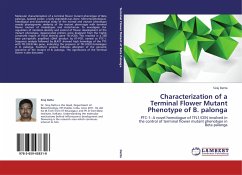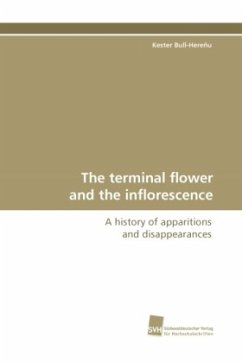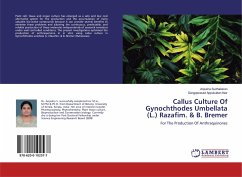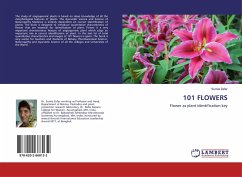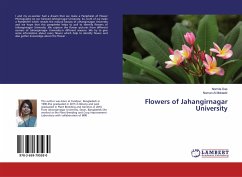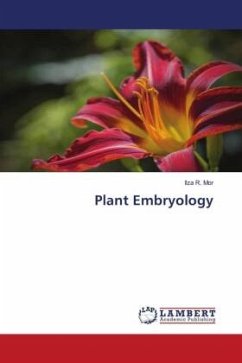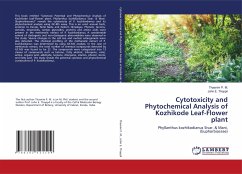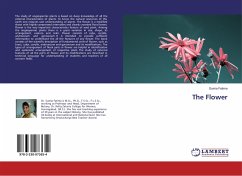Molecular characterization of a terminal flower mutant phenotype of Beta palonga, isolated earlier, a leafy vegetable,was done. Micromorphological, histological and biochemical study of the normal and mutant phenotype reveals physiognomic similarity of the mutant phenotype with terminal flower mutant of Arabidopsis and Antirrhinum. To investigate the regulation of meristem identity and control of flower development of the mutant phenotype, degenerated primers were designed from the highly conserved region of floral identity gene TFL1/CEN. This resulted in a 238 base pair-specific amplified cDNA product by RT-PCR, named as PTC-1. Sequence analysis followed by BLAST showed high homology of the PTC with TFL1/CEN like gene, indicating the presence of TFL1/CEN homologue in B. palonga. Southern analysis indicates alteration of the genomic sequence of the mutant of B. palonga. The significance of the terminal flower is also discussed.

